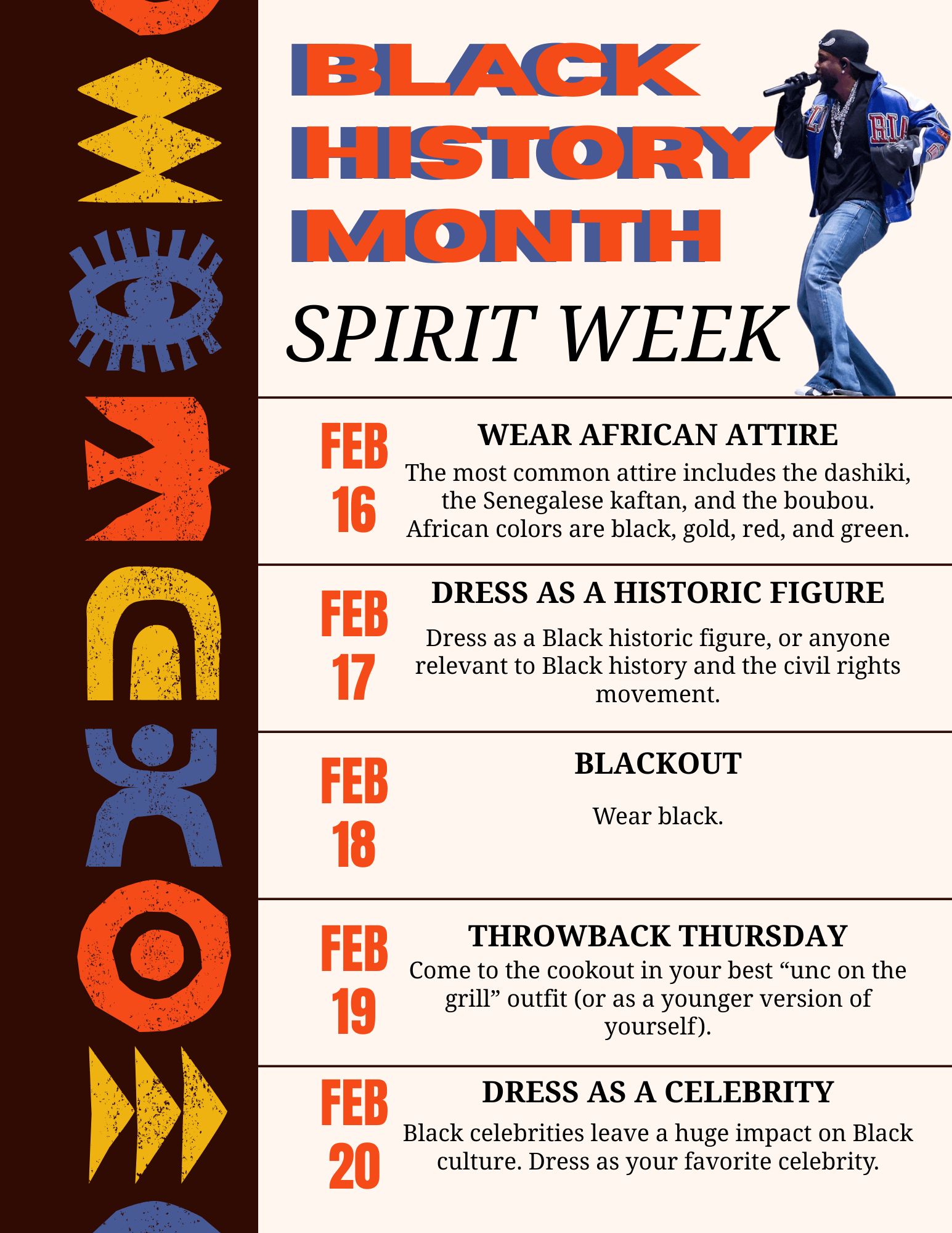Institutional Organizations
Academically Allied Organizations
Recognized Student Organizations
Hazing Education And Prevention
Federal Definition of Hazing
“Hazing” is defined under the Stop Campus Hazing Act (SCHA) as any intentional, knowing, or reckless act committed by a person (whether individually or in concert with other persons) against another person or persons regardless of the willingness of such other person or persons to participate, that—
- is committed in the course of an initiation into, an affiliation with, or the maintenance of membership in a student organization; and
- causes or creates a risk, above the reasonable risk encountered in the course of participation in the institution of higher education or the organization (such as the physical preparation necessary for participation in an athletic team), of physical or psychological injury including—
- whipping, beating, striking, electronic shocking, placing of a harmful substance on someone’s body, or similar activity;
- causing, coercing, or otherwise inducing sleep deprivation, exposure to the elements, confinement in a small space, extreme calisthenics, or other similar activity;
- causing, coercing, or otherwise inducing another person to consume food, liquid, alcohol, drugs, or other substances;
- causing, coercing, or otherwise inducing another person to perform sexual acts;
- any activity that places another person in reasonable fear of bodily harm through the use of threatening words or conduct;
- any activity against another person that includes a criminal violation of local, State, Tribal, or Federal law; and
- any activity that induces, causes, or requires another person to perform a duty or task that involves a criminal violation of local, State, Tribal, or Federal law.
Student Organization Definition
SCHA defines the term “student organization” as “an organization at an institution of higher education (such as a club, society, association, varsity or junior varsity athletic team, club sports team, fraternity, sorority, band, or student government) in which two or more of the members are students enrolled at the institution of higher education, whether or not the organization is established or recognized by the institution.”
Recognize the Signs of Hazing
Hazing is not always obvious, and individuals may not realize they are being subjected to it. Hazing signs include:
- Being required to carry certain items or dress in a specific way.
- Performing demeaning tasks for other members.
- Forced physical exertion beyond reasonable expectations.
- Withdrawal from normal activities or initiations.
- Secrecy surrounding group activities or initiations.
- Justifications such as “it’s a tradition” or “we all went through it”.
Hazing can often take the form:
- Physical Abuse – Whipping, beating, striking, sleep deprivation, exposure to extreme conditions.
- Forced Consumption – Requiring individuals to ingest alcohol, drugs, or excessive food or liquids.
- Psychological Hazing – Public humiliation, forced silence, threats, or intimidation.
- Sexual Coercion – Pressing individuals to perform sexual acts.
- Criminal Acts – Encouraging theft, property destruction, underage drinking, or other illegal behavior.
Per https://stophazing.org, 10 Signs of HEALTHY groups are comfortable pace, honesty, respect, kindness, healthy conflict, trust, independence, equity, taking responsibility, and fun. 10 signs of UNHEALTHY groups include intensity, manipulation, sabotage, guilting, possessiveness, deflecting responsibility, isolation, belittling, volatility, and betrayal.
Consequences of Hazing
Hazing can result in severe institutional, legal, and personal consequences.
- Institutional - Organizations may lose recognition, and students involved may face suspension or expulsion. Colleges can also be fined for failing to report hazing incidents under the Clery Act.
- Legal - Depending on the severity, hazing can lead to misdemeanor or felony charges, civil lawsuits, and criminal liability for those involved.
- Impact on Organizations - Loss of reputation, privileges, and potential financial liability. Organization leaders may also be held personally responsible.
- Impact on Individuals Being Hazed – Physical and psychological harm, sleep deprivation, academic struggles, and loss of trust in the organizations. In extreme cases, hazing can lead to hospitalization or death.
- Impact on Those Who Haze – Academic decline, damaged personal reputation, legal consequences, and long-term emotional guilt.
Max Gruver Act Public Disclosure
In compliance with Georgia state law SB 85 “Max Gruver Act” which became effective on July 1, 2021, below is a list of student organizations that have been found to be responsible for violating the hazing policy within the Code of Student Conduct. The Office of Student Affairs will provide regular updates to the campus community about organizations found responsible for hazing misconduct. Records will be posted on this website for at least 5 years and will include the name of any school organization involved, date(s) of occurrence, as well as a description of specific hazing-related findings, sanctions, adjudications, and convictions for any person or school organization.
Take Action (Reporting Hazing)
Report online by submitting an Incident Report by clicking here. If you require emergency assistance, please contact ABAC Police at 229-391-5060 or dial 911.
Individuals who report hazing in good faith are protected from retaliation under college policy and Georgia law. Retaliation against reporters is strictly prohibited and may result in disciplinary action.

New RSO Requests
For any new RSO requests or any additional information, please contact us.
Email Dean of Students

